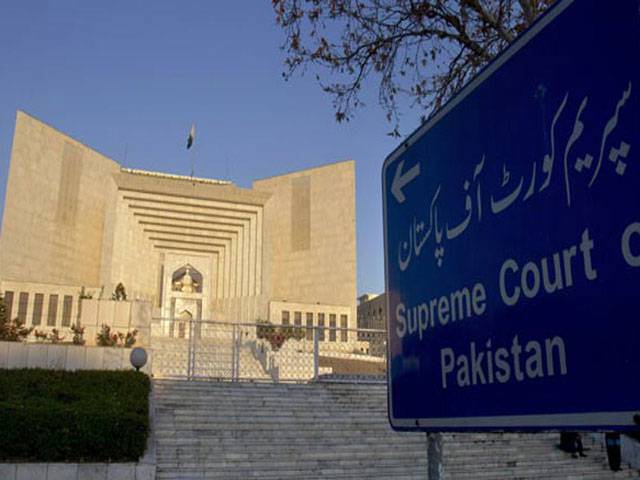ISLAMABAD - The Supreme Court on Thursday issued notices to Sindh government and Director General Excise Department, Sindh, for closing wine shops in the province.
A three-member bench headed by Justice Mian Saqib Nisar heard the appeals of wine shops’ owners in Karachi and Sukkur against the Sindh High Court.
Justice Saqib in its order suspended the SHC judgment but when one of the members of the bench showed disagreement then the court changed it and simply issued notices to the respondents, which included the Sindh government and DG Excise.
Advocates Shahid Hamid and Asma Jehangir represented wine shop owners. They said the high court did not issue them notices and heard their point of view. They contended if the wine shopkeepers had valid licences then under what authority wine shops were closed. Shahid Hamid said not only non-Muslim Pakistanis but the non-Muslim foreigners consumed wine but the SHC did not consider this fact. They contended that fair trial envisaged in the Constitution was not provided.
The bench observed that the high court passed the order in exercising suo motu, which is not available to it under Article 199 of Constitution in accordance with the apex court judgment (PLD2004, SC122).
Asma Jahangir on November 14 had filed a joint petition on behalf of the Kohistan Wine Shop Karachi, Azad Wine Shop Karachi, Mehran Wine Shop Hyderabad, Arjun Wine Agency Mirpurkhas, Mazda Trading Karachi, Master Wine Shop Sukkur, Sindh Wine Shop Nawabshah and Lucky and Company Karachi. They requested the apex court to set aside the October 27 order of the Sindh High Court to shut down all liquor shops in the province.
The petitioners pleaded to allow them to continue their business as their petition was pending in the apex court. They said they were law-abiding citizens and paid duties amounting to Rs3 billion in 2015. On Oct 18, the high court had ordered the authorities concerned to initiate the process of recalling licences granted to liquor shops in violation of the Prohibition (Enforcement of Hadd) Order, 1979.
The order came with an observation that no provision under Article 17 of the order created legal authority for granting general licence to liquor shops to operate throughout the year as non-Muslims could only be provided liquor at their religious ceremonies for which request in advance had to be made.
The petition said that the high court had arbitrarily taken the decision and without examining the sale records of wine shops as it had concluded that the liquor was being sold in violation of Article 17 of the Prohibition Order, 1979. The petitioners said there was not a single complaint against them.
It said alcohol factories and stores were operating all over the country, including the Islamabad Capital Territory, Balochistan and Punjab.
The livelihood of people associated with wine shops was at stake as a result of the high court order, it said, adding over 24,000 people were working in the alcohol retail business in Sindh alone.






